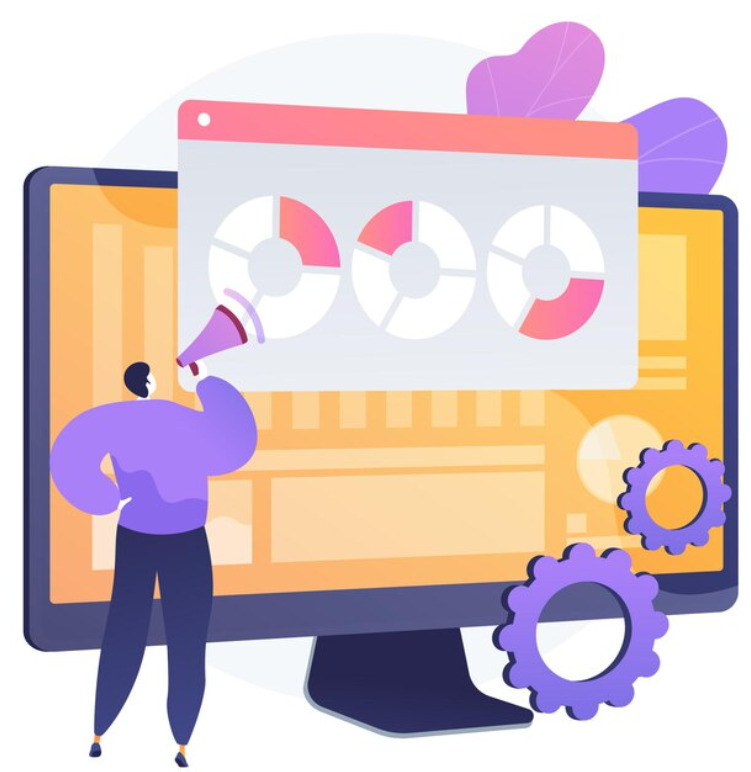Performance Management Systems (PMS) are vital in aligning individual performance with organizational goals and objectives, crucial for the growth and sustainability of any organization. They involve evaluating and improving employee performance, including the consideration of work-life balance elements like day off. This article explores the concept of Performance Management Systems, their components, benefits, and best practices, with an emphasis on how day off are factored into these systems.
1. Understanding Performance Management Systems
A Performance Management System is a process that involves continuous communication and feedback between managers and employees throughout the year. It includes setting performance expectations, regular performance tracking, feedback, and development plans. Importantly, it also considers the balance between work and rest, acknowledging the role of day off in maintaining employee wellness and productivity.
2. Key Components of an Effective PMS
- Goal Setting: Establishing objectives that are aligned with the company’s strategic goals and consider the need for adequate day off.
- Continuous Feedback and Coaching: Regular dialogue to review progress, including the impact of day off on performance and well-being.
- Performance Evaluation: Assessing performance, taking into account the balance between work achievements and time off.
- Development Planning: Identifying skill enhancement opportunities, including the need for day off for personal development and rest.
- Recognition and Reward: Acknowledging performance, considering how effectively employees manage their workloads and day off.
3. Benefits of Implementing a PMS
- Enhanced Clarity: Clear understanding of expectations, including how day off are factored into performance assessments.
- Improved Employee Engagement: Recognition of the importance of day off in maintaining motivation and job satisfaction.
- Objective Performance Assessment: Fair evaluations that consider both work achievements and the effective use of day off.
- Identification of Training Needs: Insights into the need for day-offs for training and development purposes.
- Facilitates Better Decision-Making: Informed decisions about promotions and compensations, considering the balance between performance and day off.
4. Best Practices for Implementing a PMS
- Customization: Tailoring the system to the organization’s culture, including policies on day off.
- Clear Communication: Explaining the role of day off in the performance management process.
- Training: Preparing managers and employees to effectively balance work with appropriate day off.
- Technology Integration: Using technology to track performance and day off.
- Continuous Improvement: Regularly updating the PMS to reflect changes in day off policies and practices.
5. Challenges
Implementing a PMS can face challenges like resistance to change, especially regarding how day off are viewed in performance evaluations. Overcome these challenges through leadership commitment and clear communication about the importance of day off in overall employee performance and well-being.
Conclusion
A well-designed Performance Management System, which includes the consideration of day off, is essential for organizational success. It not only evaluates past performance but also supports future development and success, acknowledging the importance of work-life balance in achieving strategic objectives. This approach fosters a culture of continuous improvement, excellence, and holistic employee wellness.
